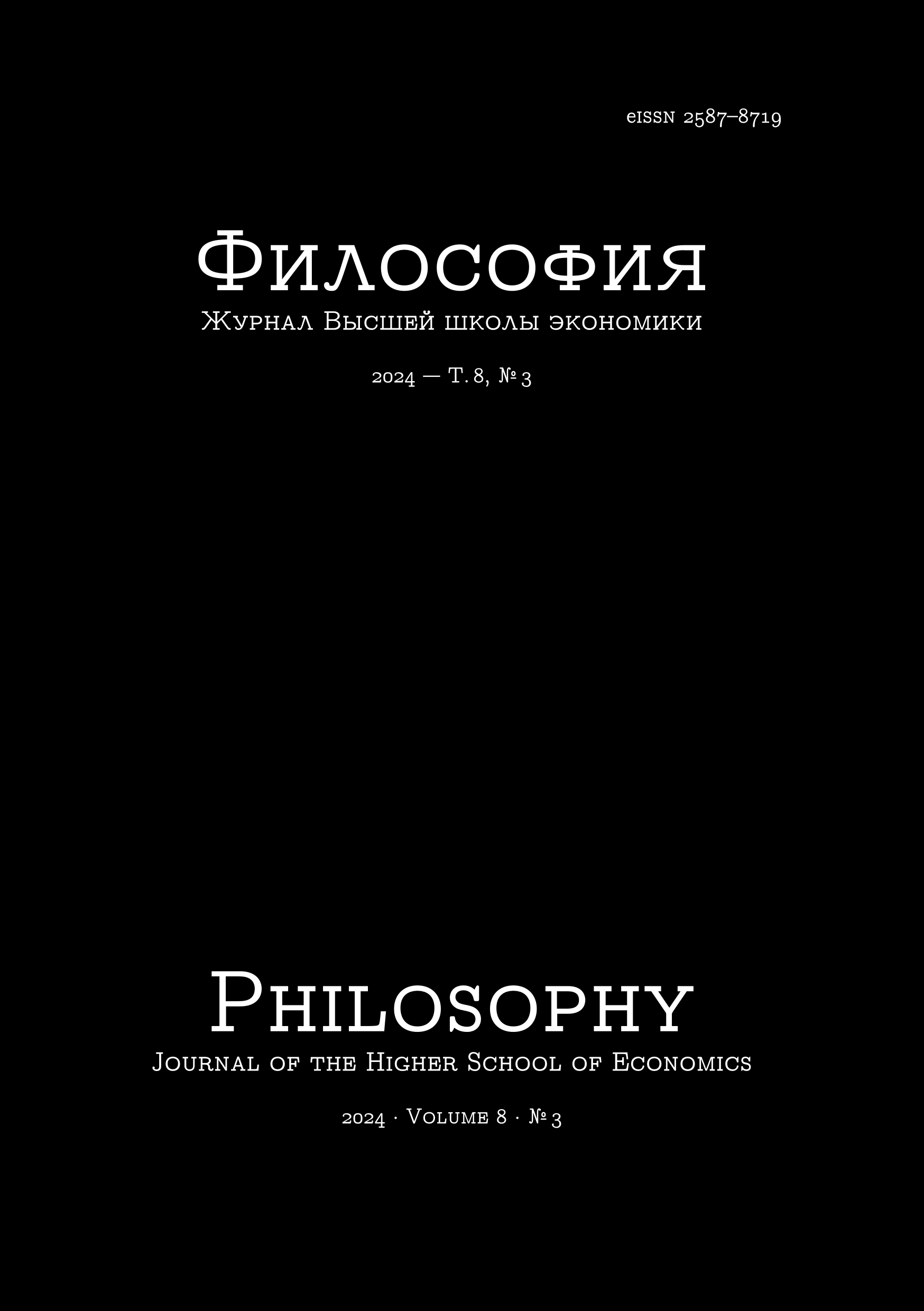Reality of the “Utopian” in Modern French Social Discourse
Abstract
Turning to modern French discourse, the review examines current trends in the study of the phenomenon of utopia. Academic research topics are analysed and key conceptual trends are highlighted. The subject of consideration is monographs, dissertations and articles published in scholarly journals, the selection criteria being relevance, novelty, use of modern methodology and practical significance. The works span between 2020 and 2023, and thus belong to a period comprising the COVID-19 pandemic as well as serious changes in the global political situation. The author comes to the conclusion that in French utopian discourse the term utopia was subject to multiple semantic interpretations, being most vividly presented in the form of political and educational projects aimed at realizing the dream of a better, perfect world. Research companies are interested in the utopian sentiments of French society. Results of utopian studies are in demand by intellectuals and representatives of political movements, in addition to being used in long-term social development forecasts. The works highlight the importance of reviving the humanistic spirit of utopian thought in order to continue the implementation of utopian projects and not to limit said spirit in the name of striving for realism. In the sociocultural context, topics related to normative ideals, religious influence, liberal educational technologies, preservation and enhancement of cultural memory are discussed, as well as ways of solving environmental and urban problems are discussed. Investigating the sociocultural role of utopia in literature and cinematography, researchers focus on dystopias, ascribing to them the function of warning and preparing society for possible scenarios. The author of the review finds it promising to consider utopias not as fantastic projects or narratives detached from reality, but as fully fledged sociopolitical projects.
Downloads
Copyright (c) 2024 Philosophy Journal of the Higher School of Economics

This work is licensed under a Creative Commons Attribution-NonCommercial 4.0 International License.






